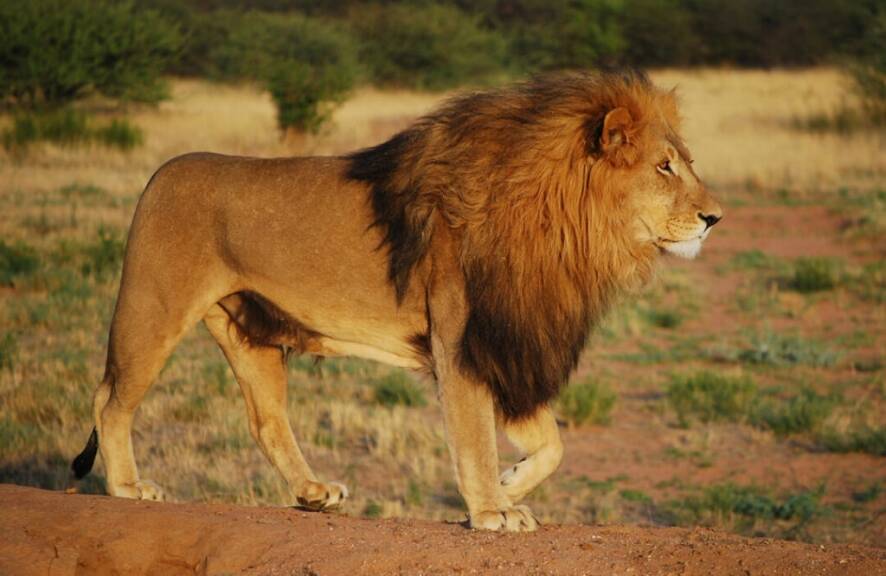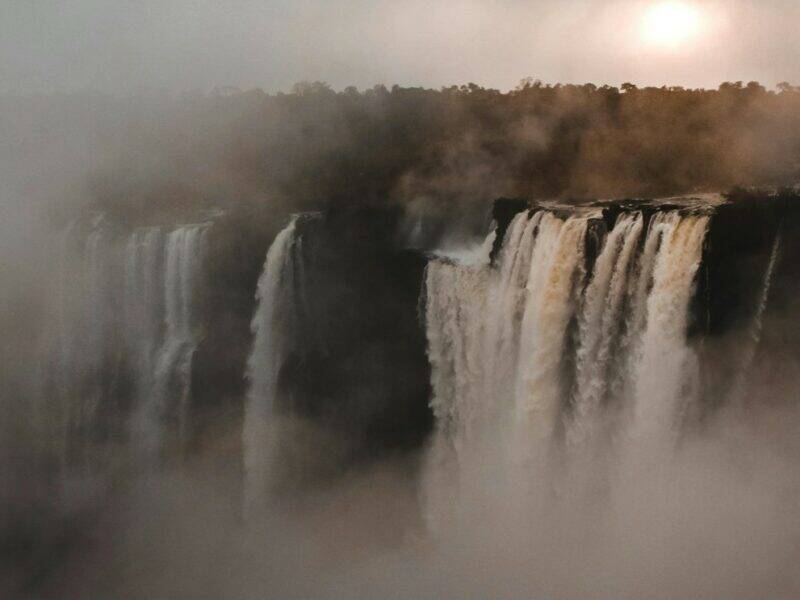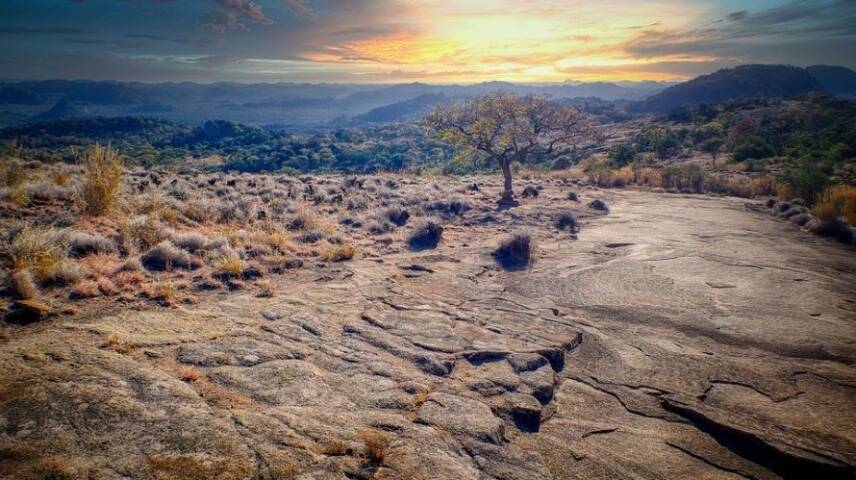Zimbabwe is a choice game hunting destination for many and varied reasons, including:
- It is still classified as wild Africa, with massive open expanses of wilderness. Zimbabwe is well known for its history of producing trophy big game animals and is one of Africa’s leading safari hunting destinations.
- The Limpopo River flows across the country’s southern borders and these waters are home to large Tigerfish. The majority of Zimbabwe is hunted free range, without fences. Hunting in Zimbabwe is done mostly on foot, but the rugged terrain is not exceptionally tough going.
- The famous Zambezi River annually attracts thousands of tourists to view the spectacular Victoria Falls, one of the Seven Natural Wonders of the World.
- Hunting in Zimbabwe’s concessions and game reserves can be a challenge. Hunting areas are split into three main categories, namely government land, private and tribal. National Parks form as feeders into the surrounding concession areas. Each of these categories has its own set of rules. Zimbabwe hunts usually take place in the Mopane Forests and grassy savannah areas.
- The game in Zimbabwe is plentiful. While many antelope populations were reduced during civil wars, recoveries have been exponential.
[DYNAMIC-BLOGTABLEOFCONTENT]
Big Game Hunting in Zimbabwe
If elephant hunting in Zimbabwe is in your sights, rest assured that Zimbabwe can deliver in style! Zimbabwe is in fact home to more than 100,000 elephants. There are still large tuskers available.
Wild lions are still hunted in Zimbabwe and the country delivers high success rates. Zimbabwe is famous for its leopard hunting and processing of leopards close to 200 pounds.
Hunting safaris in Zimbabwe are not limited to any specific months and game hunting takes place all year round. The hunter will just have to weigh the pros and cons of safari hunting challenges between the wet and dry months.
Buffalo hunting in Zimbabwe is one of the all-time favorite hunts. Zimbabwe is known for producing enormous trophy free-range Cape Buffalo.
When we talk about the Dangerous 7 in Africa, trophy hunting in Zimbabwe for wild hippos and crocodiles is an adrenaline-packed experience. Zimbabwe produces some real giants. These wild and dangerous aquatic dwellers can be counted upon to make any safari an interesting one.
Plains game hunting in Zimbabwe is known for the Chobe Bushbuck and Livingstons Eland, with enormous Kudu and Wildebeest also added to the mix.
Hunting safaris in Zimbabwe supply and deliver the full A to Z and have all the ingredients to complete a dream African Hunt, no matter what your game hunting species!

Reasons to go Hunting in Zimbabwe
Wild Africa
Zimbabwe is still truly wild Africa, and the hunting grounds are unspoiled. Trophy hunting in Zimbabwe offers elephant, Cape buffalo, lion, and leopard. Hippos and crocodiles over 16 feet in length are also available.
Affordable Big Five Hunt
Zimbabwe, out of all the African countries, is one of the most affordable hunting destinations and is also one of a handful of countries that offer leopard hunting with hounds.
Estimated Trophy Fees in Zimbabwe
- Elephant: US $12000
- Cape Buffalo: US $5000
- Hippo: US $ 4000
- Crocodile: US $4000
- Lion: US $ 17000
- Leopard US $ 8000
Rhino hunting does not take place in Zimbabwe. Zimbabwe has about 600 Black Rhinos and about 400 White Rhinos.
Safety
Hunting safaris in Zimbabwe are safe.
A History of Proud Safari Hunting Traditions
Zimbabwe has a long history of proud safari hunting traditions and is also home to some of the best-trained professional hunters. To qualify as a professional hunter in Zimbabwe, the applicant needs to be a permanent resident of Zimbabwe and the qualification takes two years of full-time studying and apprenticeship.
Tourist Attractions
Combining a hunting safari with a few tourism activities is a reason to go hunting in Zimbabwe. Besides Victoria Falls, Zimbabwe boasts the Matobo Hills, Hwange National Park, and the great Zimbabwe ruins. On completion of the game hunting safari, visitors can go skydiving, freshwater fishing, enjoy a Zambezi River cruise, helicopter flips, and so much more.

More about Hunting in Zimbabwe
Health Precautions
- In many of the game hunting areas, malaria is present.
- Malaria kills over a million people every year on the African continent.
- Be sure to consult with your medical practitioner and obtain the necessary medication.
- Remember also that hunting in Zimbabwe will take the hunter to remote areas.
- Be sure to have stock of any medical prescriptions and other items that are always in limited supply such as contact lens solutions.
Hunting Visas
When choosing Zimbabwe as the game hunting destination of choice, hunters may obtain their visas upon arrival at the airport.
Hunting Methods
Most Zimbabwe hunts are classified as “safari style.” The members of the hunting safari will cover ground in a vehicle, or small motorized canoe. When tracks are spotted, tracks will be followed on a “walk and stalk” basis.
In terms of fitness, while the hunters don’t need to be able to run the New York Marathon in record time, some hunts will be quite easy, while other hunts, depending on what “goes down,” may require an above-average level of fitness.
Tipping when Hunting in Zimbabwe
Your African outfitter will be able to assist with advising you on the appropriate amount to tip deserving staff. It is always wise to remember that staff are employed to perform a specific function.
Tipping is for staff who you feel have gone over and above the requirements expected by their normal job function. The hunter also needs to be aware of the local currency exchange rate compared to the US Dollar, Euro, Pound, etc.
If you are contemplating cash tips, walk around the lodge and personally deliver cash tips to those who you deem to have added the most value to your hunting safari.
Tagging of Trophies
It is always recommended that before departure, you check that your skins, skulls, horns, etc. are properly tagged. The hunting trophies will remain in quarantine for a few months before being dipped, packed and ready to be shipped. It is always a clever idea to add an extra cable tie, or piece of wire, just to make 110% sure the trophies are not misplaced.
Rules and Regulations when Hunting in Zimbabwe
When planning the game hunting safari, be sure to check out all the rules and regulations relating to the species that is being targeted.
Many import and export permit requirement rules have changed substantially over the last 4-6 years, especially with regard to big game in Zimbabwe. Check requirements for CITES, or any other permits that may be required.
Taxidermy and Shipping of Hunting Trophies
On completion of the safari, trophies will be transported to the taxidermist where the trophies will be dipped and packed in line with government regulations. You will be contacted by PR services at the taxidermist and asked about the destination of the game hunting trophy. Once the taxidermist has received payment, the trophy will be forwarded to the shipping.
When booking the hunting safari and cost is a concern, remember these “hidden costs,” namely dip and pack, taxidermy, etc. They all add up.
The choice of hunting in Zimbabwe, over certain other African hunting destinations, is the correct one and a winner all the way.
Read more about Zimbabwe in this informative blog entitled Hunting in Zimbabwe: Navigating Laws, Licenses and Hunting Adventures.
Author: PC van Wyk
